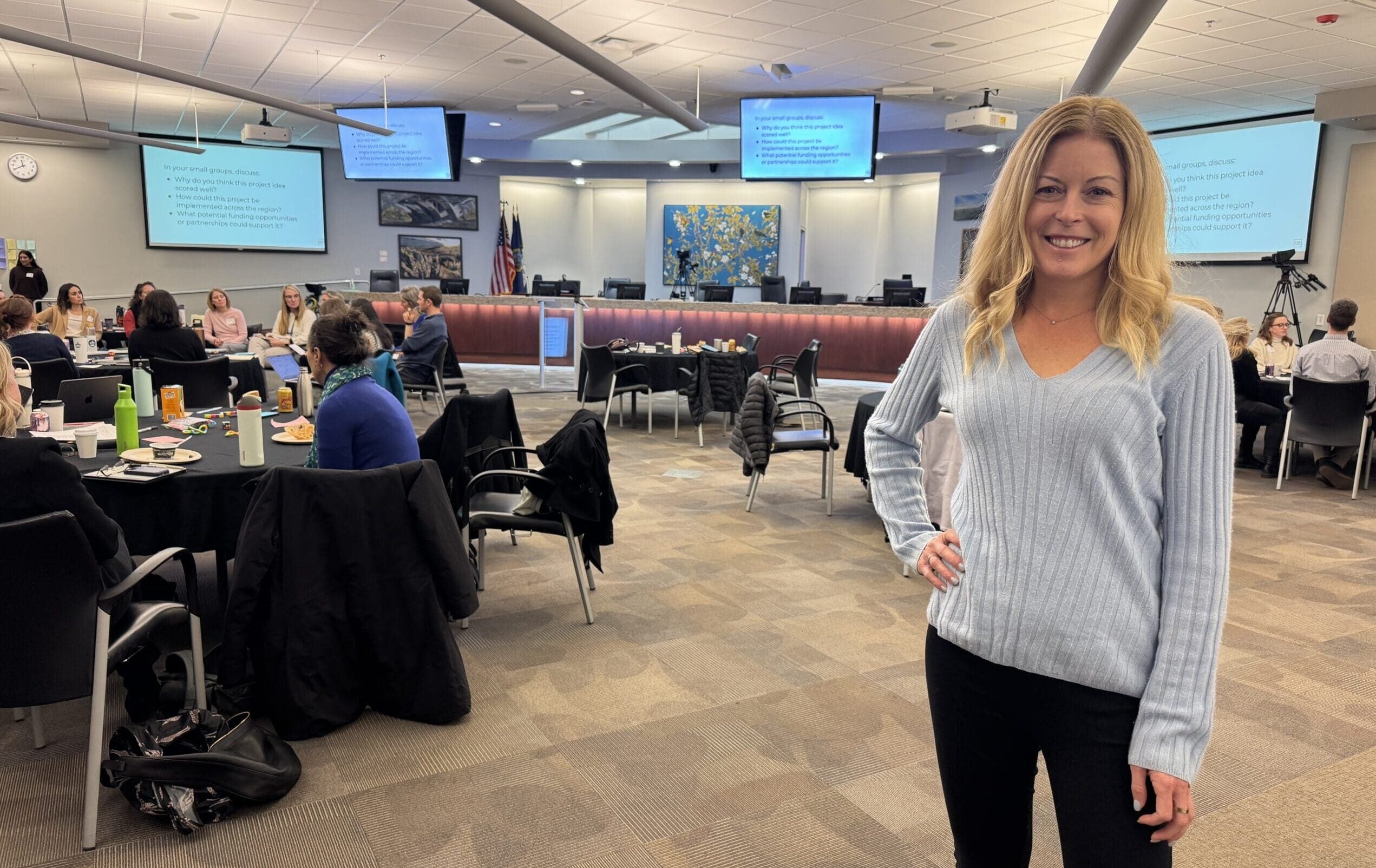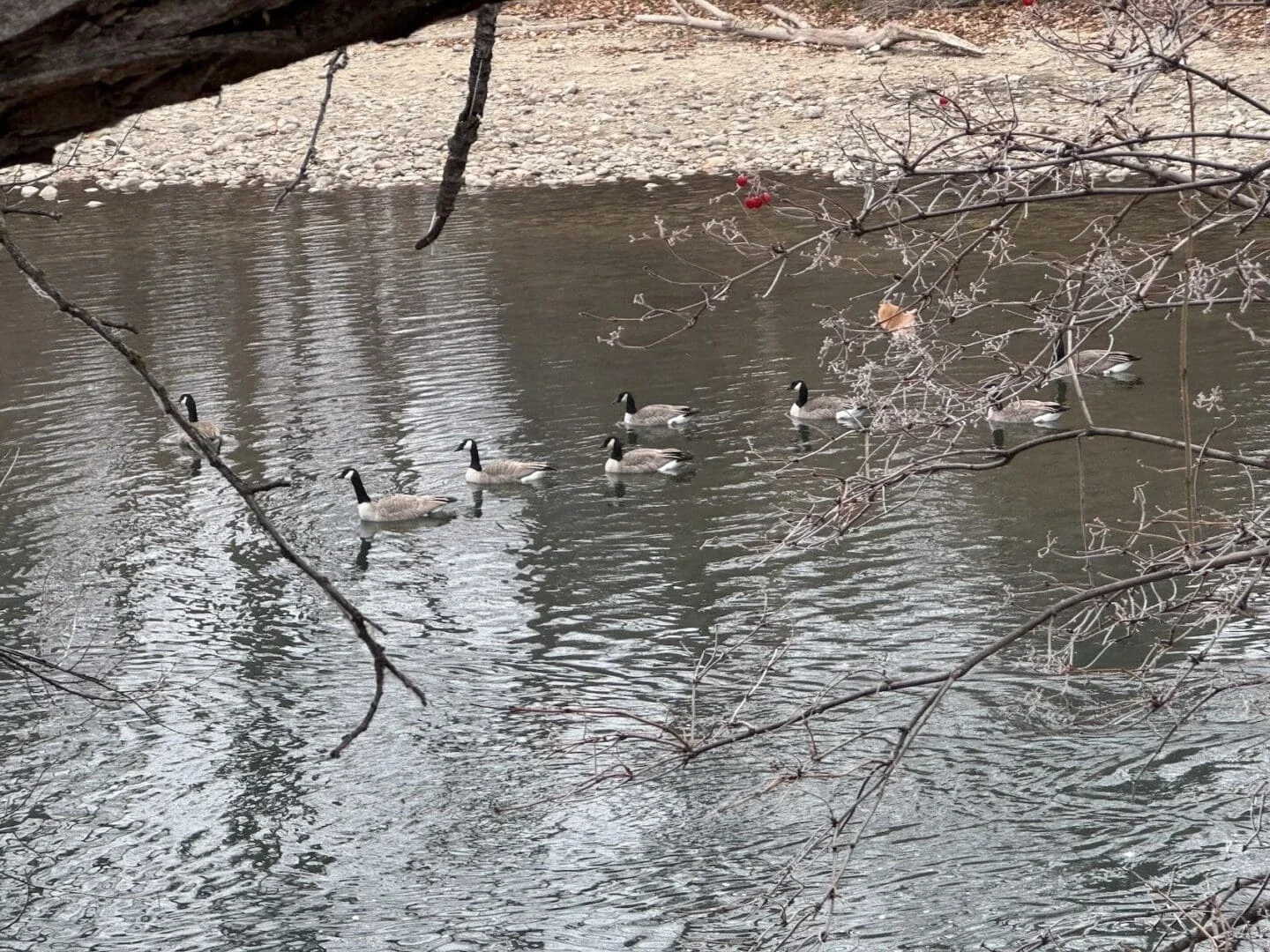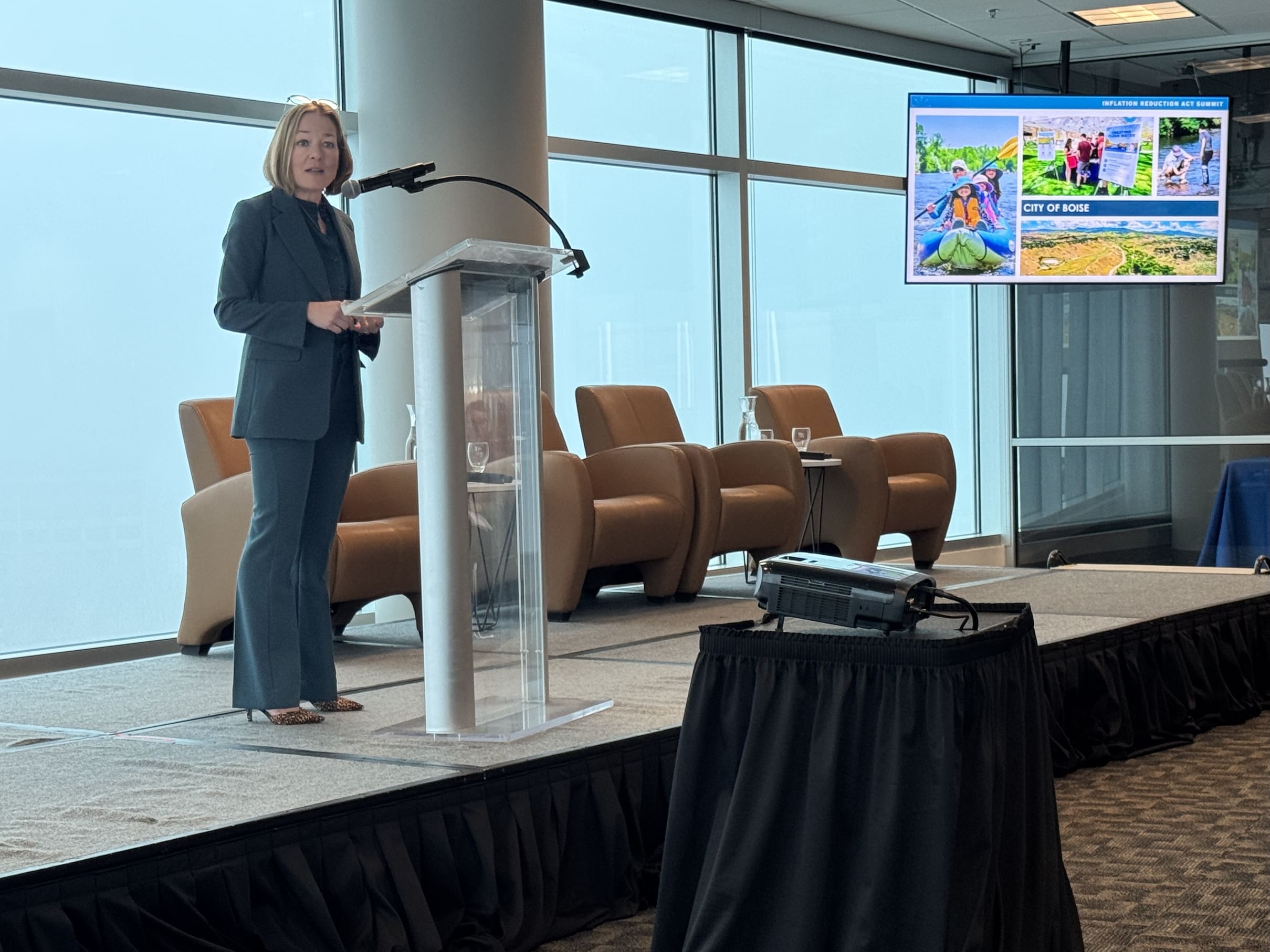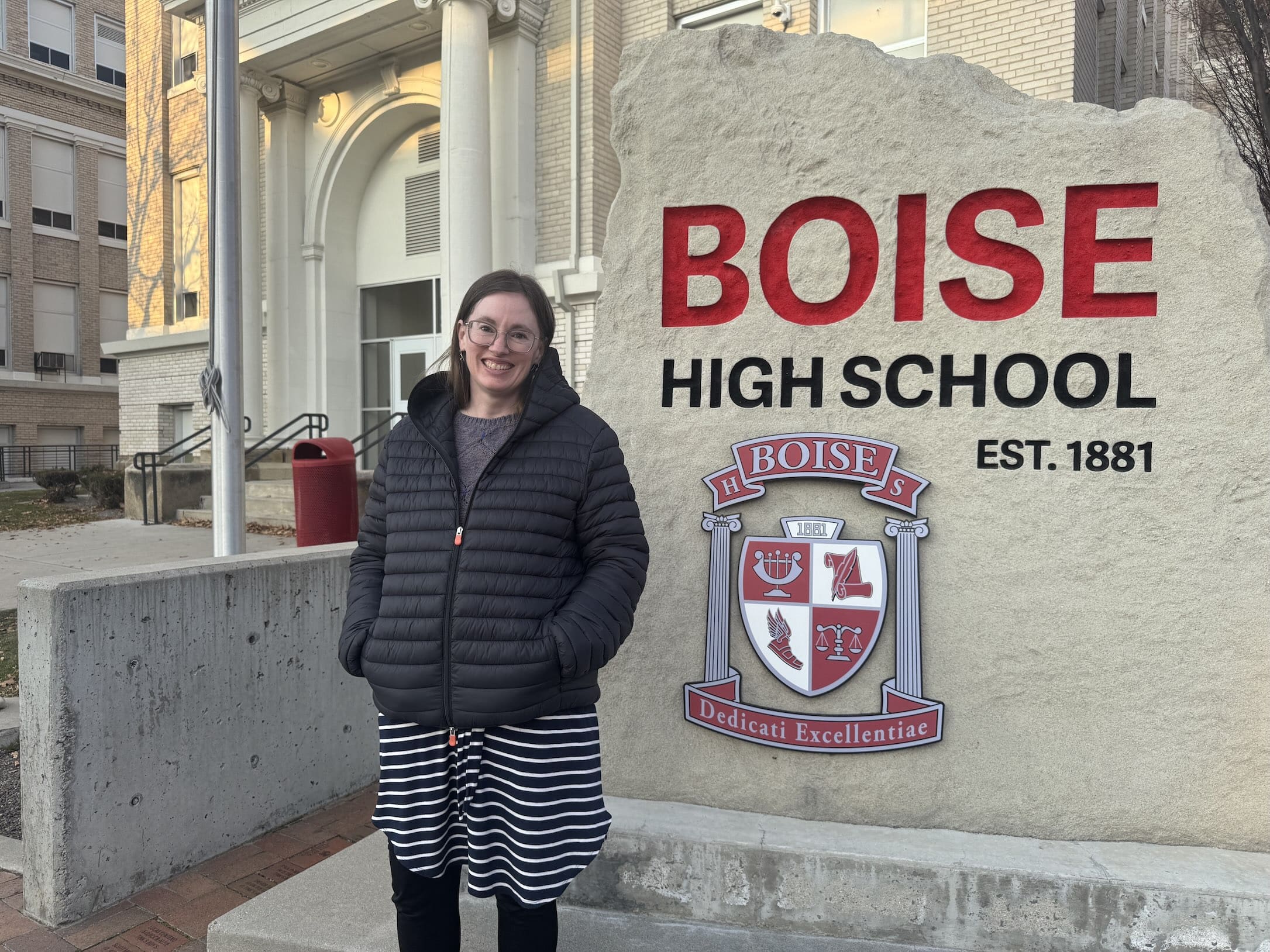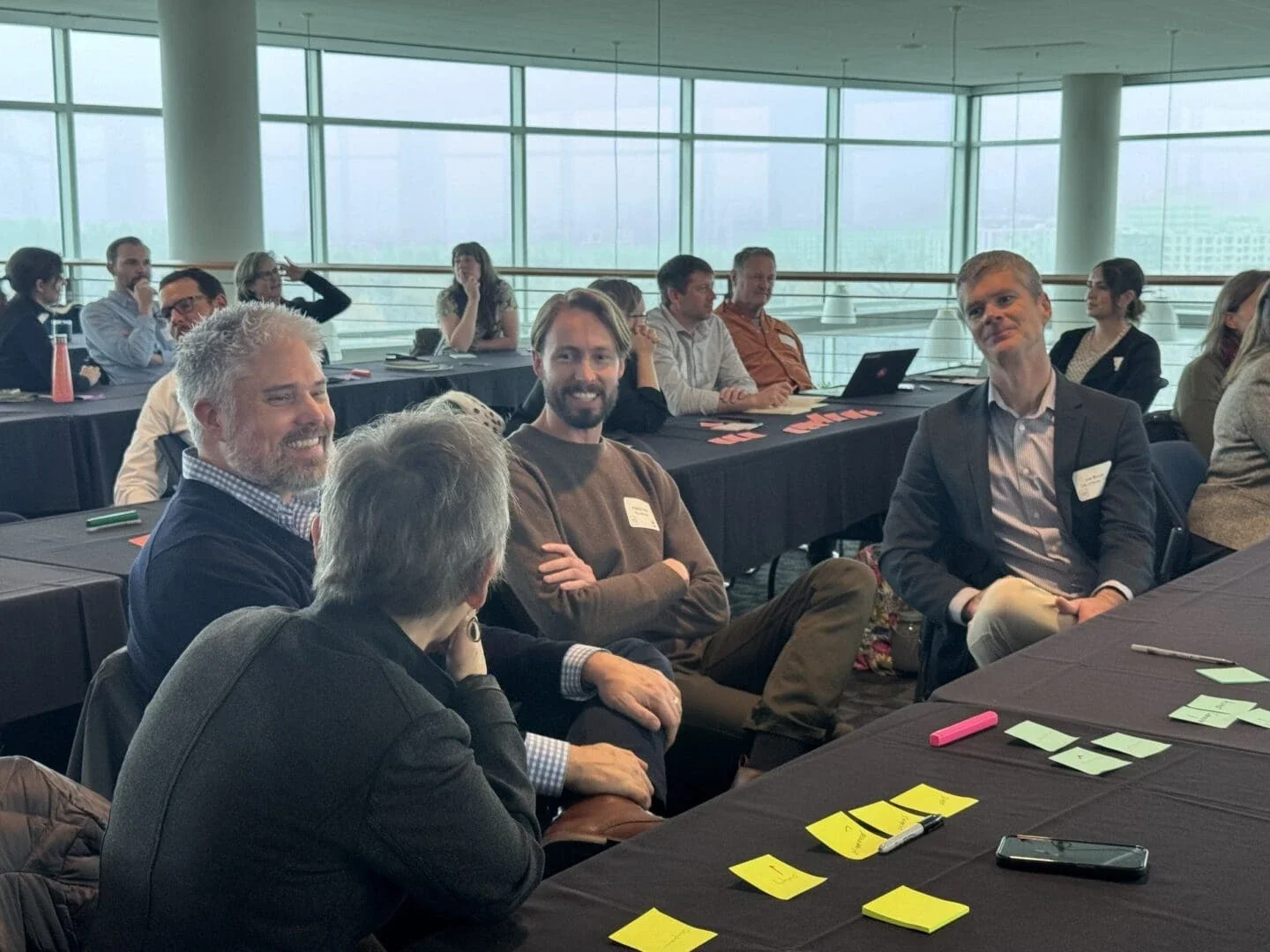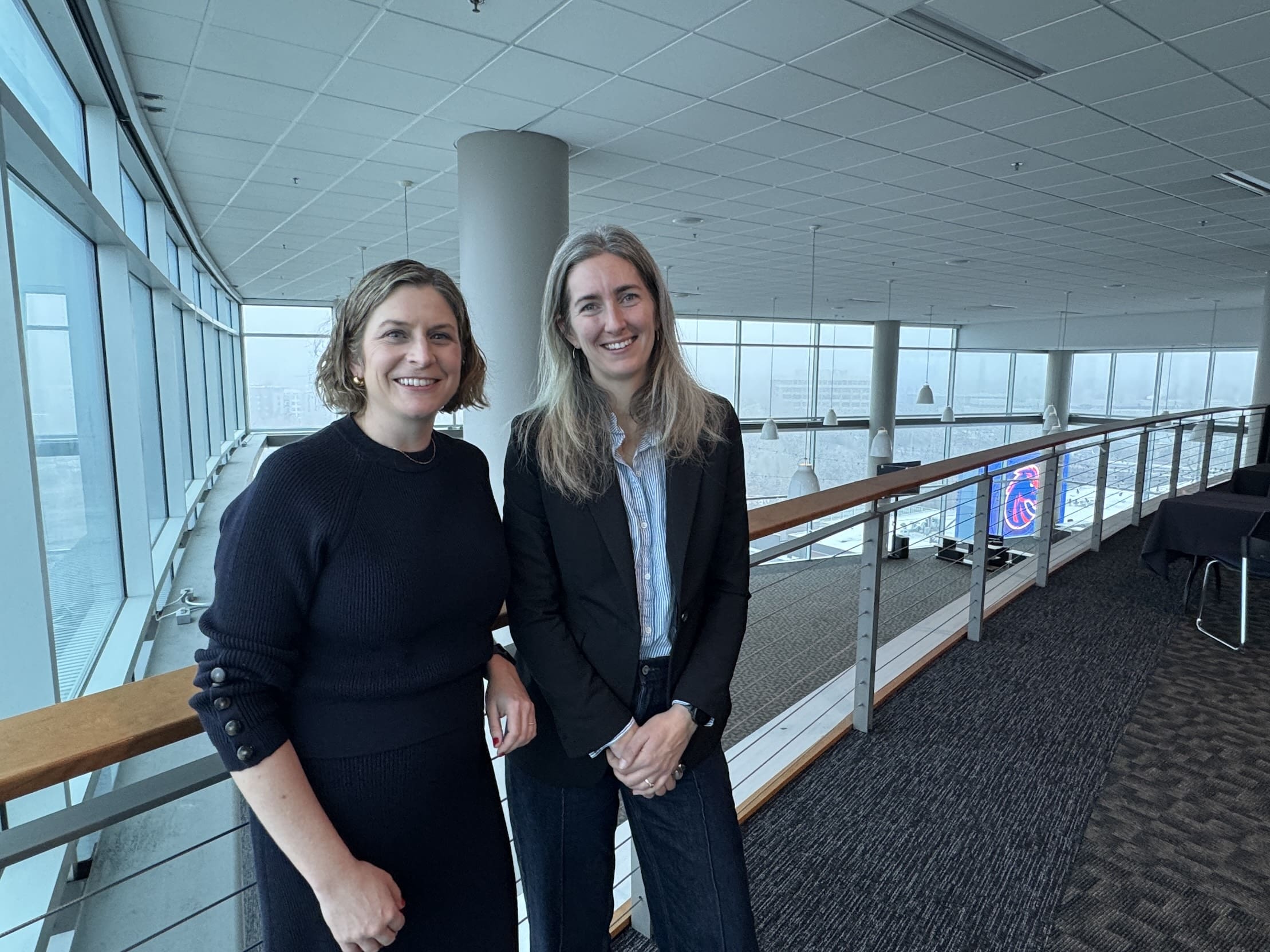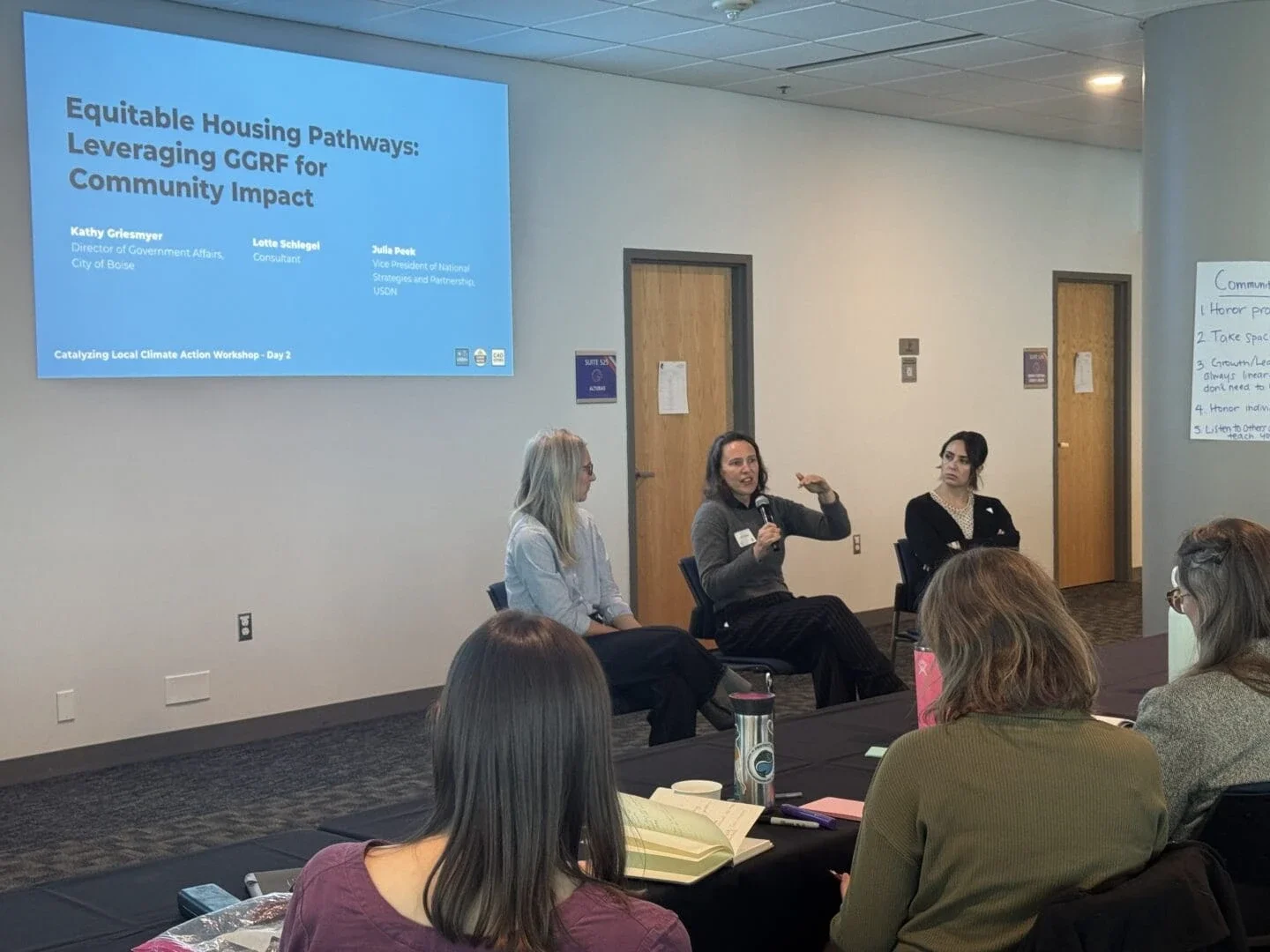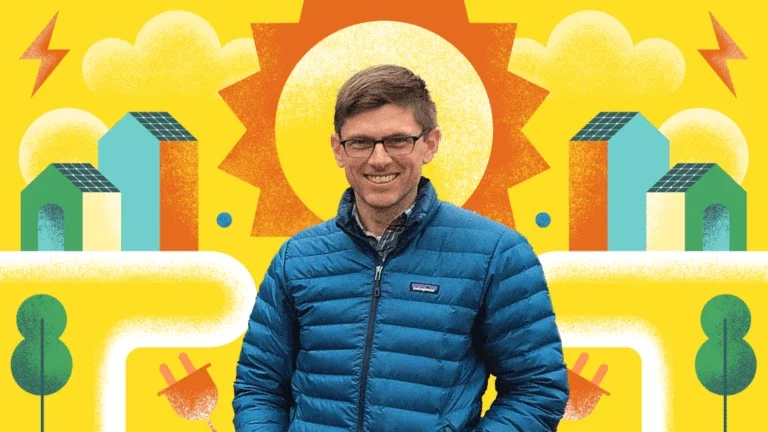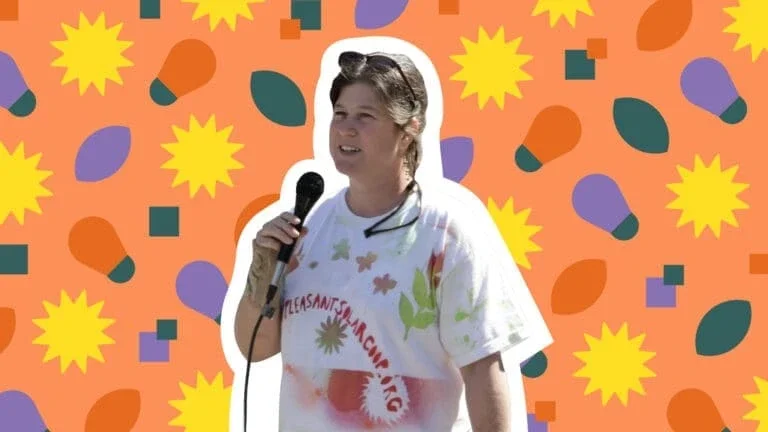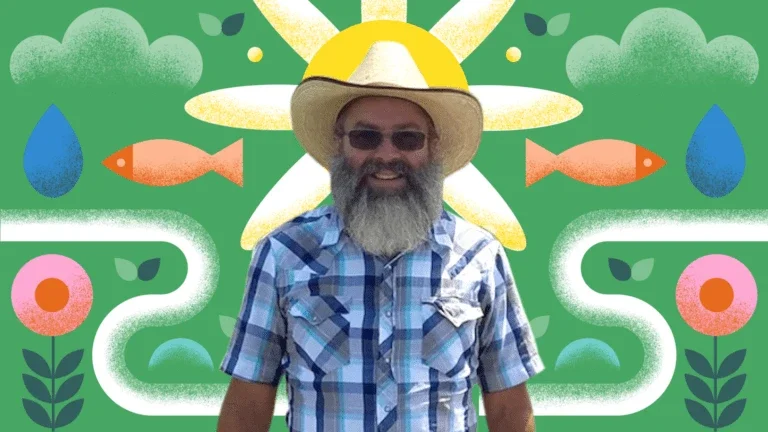As of early December 2024, companies across the U.S. had announced over $380 billion in new investments to leverage IRA benefits and build a clean energy economy. These investments span industries such as electric vehicles, batteries and energy storage, clean energy manufacturing, renewable power generation, and carbon management, according to data from Rhodium Group and MIT’s Clean Investment Monitor.
Creating Jobs, Saving Money
The United States is one of the world’s largest contributors to greenhouse gas emissions, responsible for roughly 15 percent of global emissions.
Though vulnerable countries often disproportionately experience the effects of climate change due to limited resources for adaptation and mitigation, extreme weather events nevertheless cost the U.S. $150 billion a year due to direct impacts such as infrastructure damage, worker injuries, and agricultural losses, according to the latest congressionally mandated National Climate Assessment.
Those costs are projected to continue to rise. The U.S. experiences a billion-dollar extreme weather event every three weeks on average, compared with once every four months 40 years ago, the assessment shows.
“Engaging in climate action requires systems thinking,” Isacoff said. “Work accomplished now to reduce greenhouse gas emissions and build community infrastructure will save money going forward, and create the jobs of tomorrow.”
Discover how we support community investments in a shared future.
Learn more